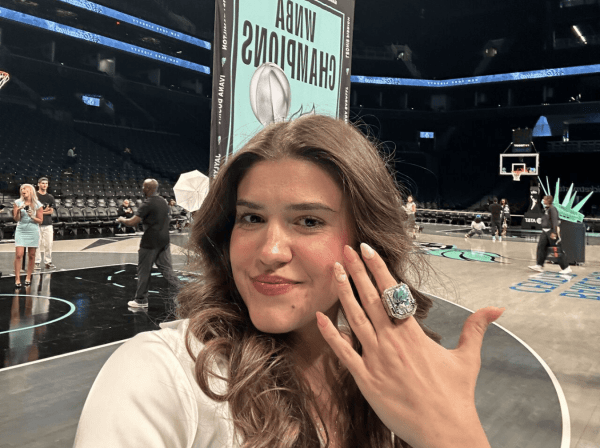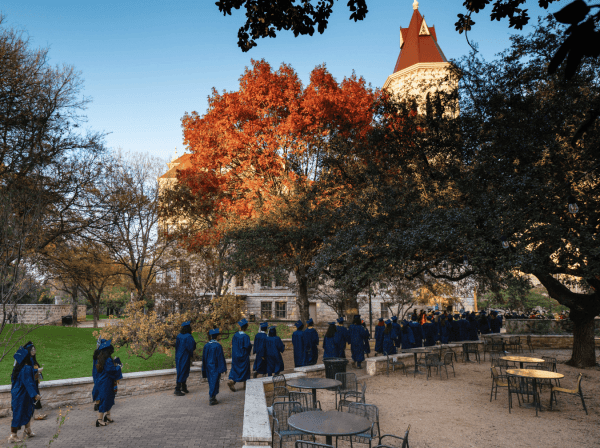10 Hilltop Experts Share Insights
We couldn’t be prouder of our faculty at St. Edward’s. They’re passionate about their fields of expertise, devoted to teaching and mentoring, and beloved (as we hear daily) by their students. They also generously share their knowledge beyond the classroom. Enjoy this roundup of some of their perspectives and research on timely topics.
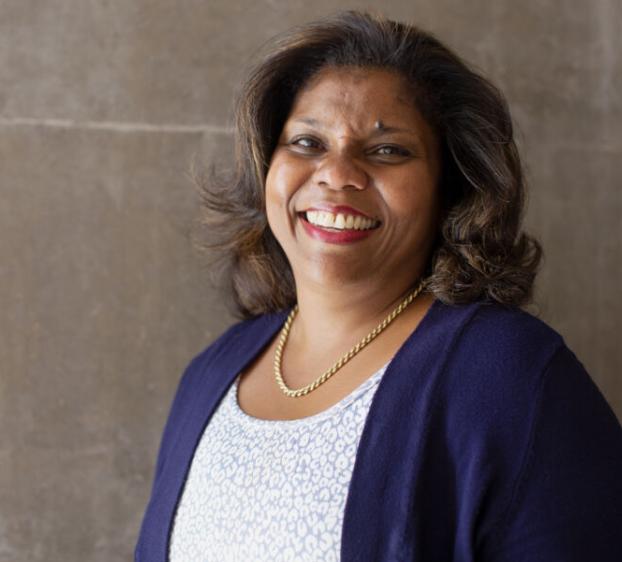
Preparing Students for the Workforce
Since joining St. Edward’s last summer as dean of the Bill Munday School of Business, Marianne Ward-Peradoza has immersed herself in building a student-focused and innovative business school. We spoke with Ward-Peradoza about why she believes the St. Edward’s educational approach combined with Austin’s dynamic and entrepreneurial business environment is ideal for preparing students for the 21st century workforce.
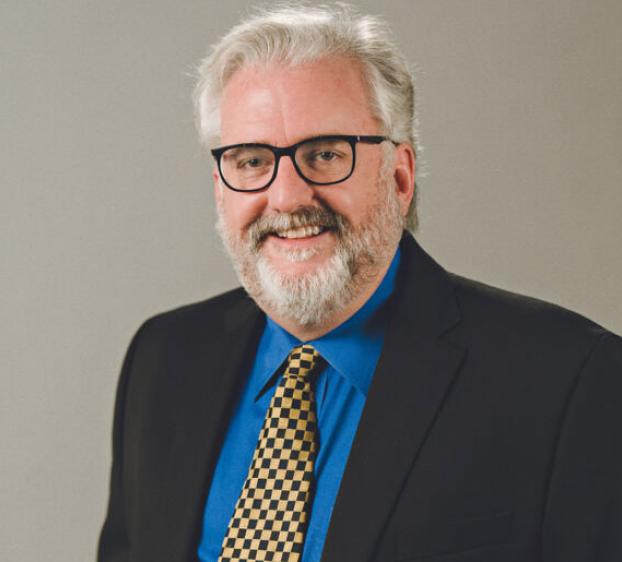
Exploring Video Game Development
Robert Denton Bryant, director of the Video Game Development program, brings the world of gaming to life on the hilltop. With his Hollywood production background and video game publishing and development credentials, he is regularly called on by industry peers and the media for his expertise. Here, he talks about The Wizard of Oz, breaking into the business and getting more women into the field — topics that inform his perspective in the classroom.
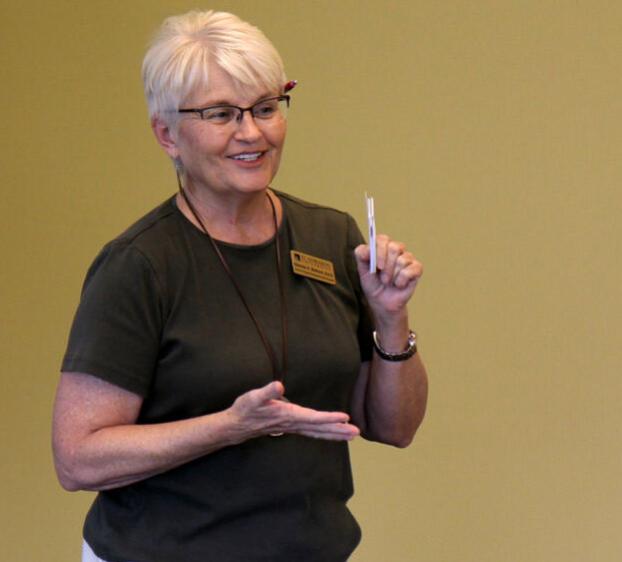
Avoiding Digital Addiction
With 33 years in education, Glenda Ballard, dean of the School of Human Development and Education, has diverse experience in cultivating future educators and leaders to their fullest potential. Ballard cautions us about the growing addiction to digital devices and its impact on education and the physical, emotional and social development of students. Her article, “Tips for Digital Wellbeing,” offers great advice for everyone on how to not let the digital space be all consuming.
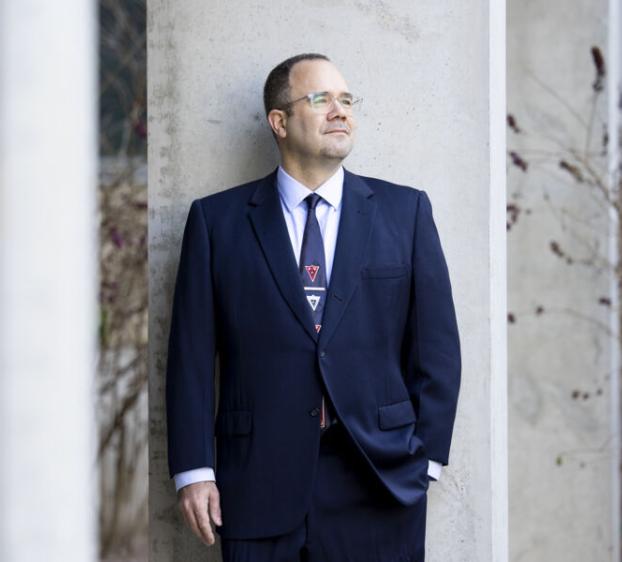
Calling Out the “Panic Defense”
Three distinct murder cases in Austin, Texas, caught the attention of Carsten Andresen, assistant professor of Criminal Justice. All involved the “gay or trans panic” defense, which justifies a defendant’s violence by blaming the victim’s sexuality or gender identity. In two of the cases, the murder defendant received a reduced penalty, and Andresen felt justice was not served. Andresen shared his insights on the podcast Criminal.
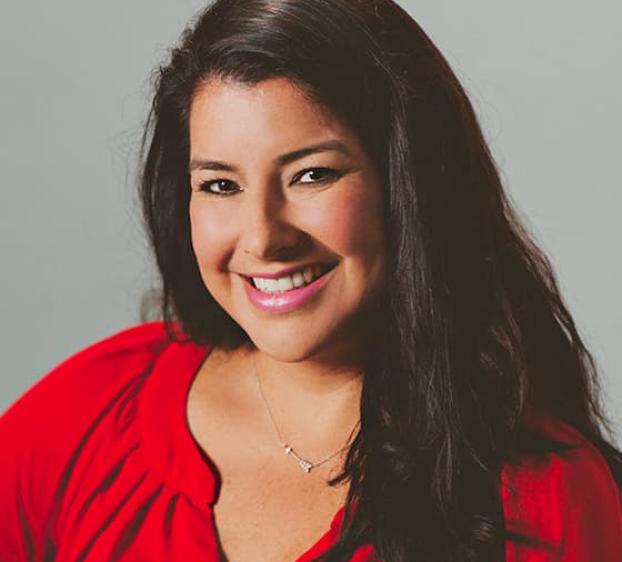
Preventing Suicide
One person dies by suicide every two hours in Texas, according to the most recent data from the Center for Disease Control and Prevention. Melissa Alvarado, assistant professor in Clinical Mental Health Counseling, is a strong advocate for eradicating those numbers. She believes that more lives can be saved with training and access to mental healthcare. During National Suicide Prevention Awareness Month in September, Alvarado shared her views on suicide prevention.
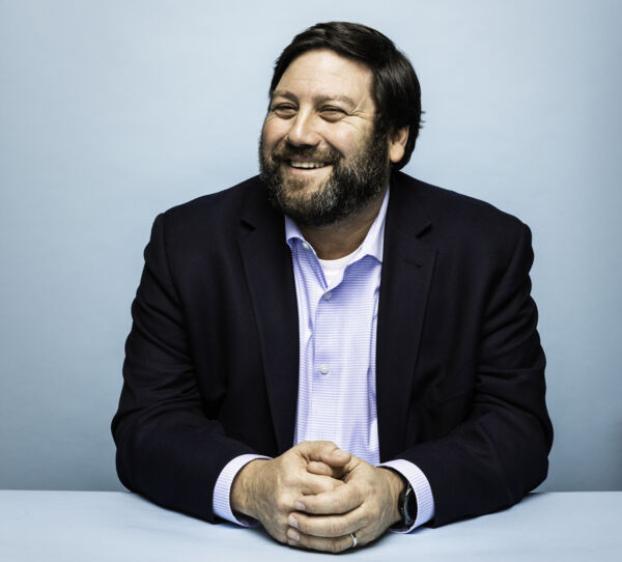
Making a Great CEO
David Altounian, associate dean of The Bill Munday School of Business and associate professor of Entrepreneurship, knows firsthand what it takes to make it in the corporate world, especially as a CEO. With over 30 years of extensive experience in the technology industry, he offers students valuable insights into new venture creation, entrepreneurship and marketing. In his recent article for the Austin Business Journal, Altounian unpacks his views in “What Makes a Great CEO.”
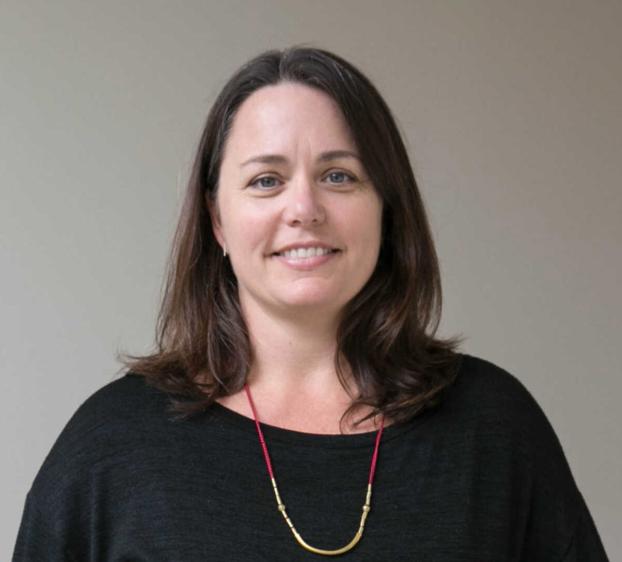
Creating a Safer Texas for Families
Laurie Cook Heffron, assistant professor of Social Work, collaborated with other Texas researchers and advocates to produce a state plan to prevent intimate partner and family violence. Under the auspices of The Texas Council of Family Violence, the 2019 State Plan addresses how communities can better support survivors and their families, and create a safer Texas through access to safety, justice and opportunity. Here, Cook Heffron talks about the plan and its findings.
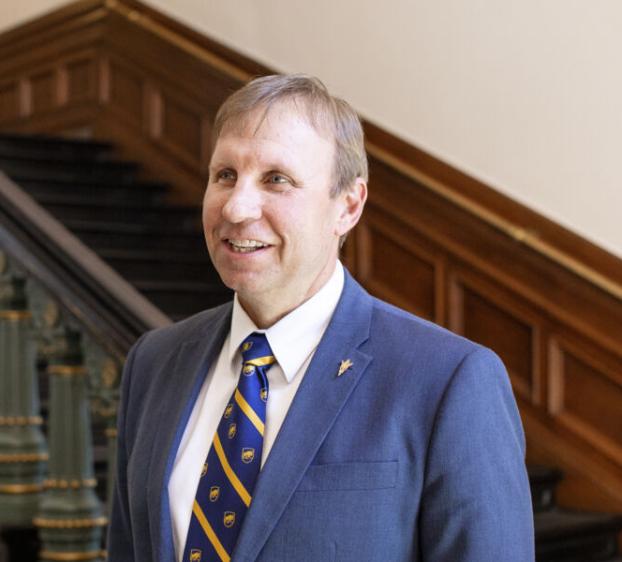
Reviving Our Ailing Constitution
David Thomason, assistant professor of Political Science, wants students to understand that public policy and politics are relevant to them. With accountability, accessibility and transparency lacking in the current U.S. political system, Thomason’s students are eager to explore ways to be involved in the public and political debate. In his recent article in The Austin American Statesman, Thomason sheds light on the shortcomings of the constitutional system and what we can do about it.
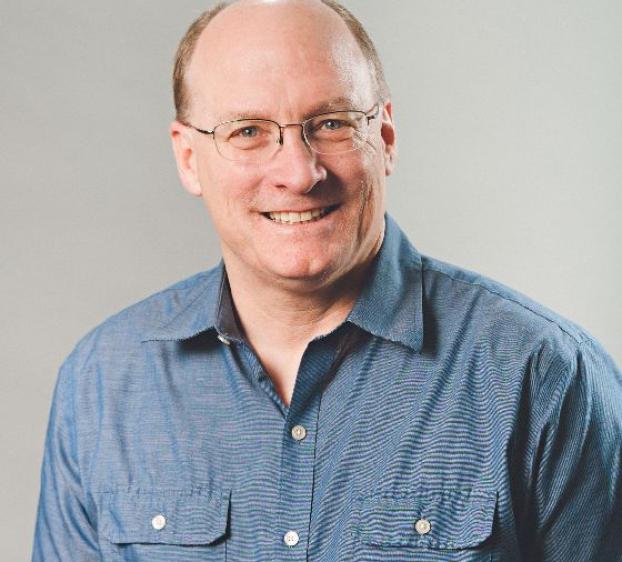
Understanding Civil Rights Tourism
Stephen King, professor of Communication, pays close attention to the intersection of rhetorical theory, public memory, authenticity, tourism and popular music. Much of his research in these areas is connected to social justice. King is currently co-writing a book about public memory and civil rights tourism in Mississippi that looks at how significant historical events are remembered through the lens of civil rights tourism, and how it underscores civil rights as an issue today.
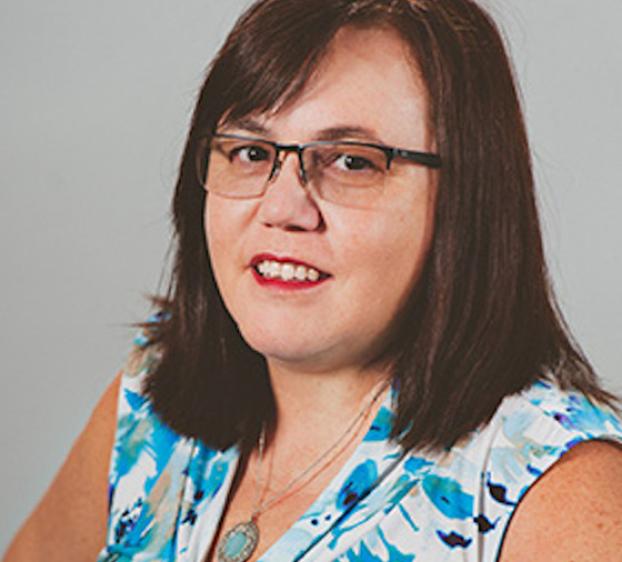
Contributing to AI and the 4th Industrial Revolution
Artificial intelligence (AI) is permeating our daily lives, from facial recognition to commercial flights using AI autopilot to ride sharing apps. Andrea Holgado, professor of Biological Sciences, studies the issues of ethics and human biases that are inherent in AI. She’s preparing students to contribute to the development of AI and other next-generation technologies in a way that reflects the diversity of society. Here, she talks about AI advancements in her field, the Institute for Interdisciplinary Science, known as i4, and more.
